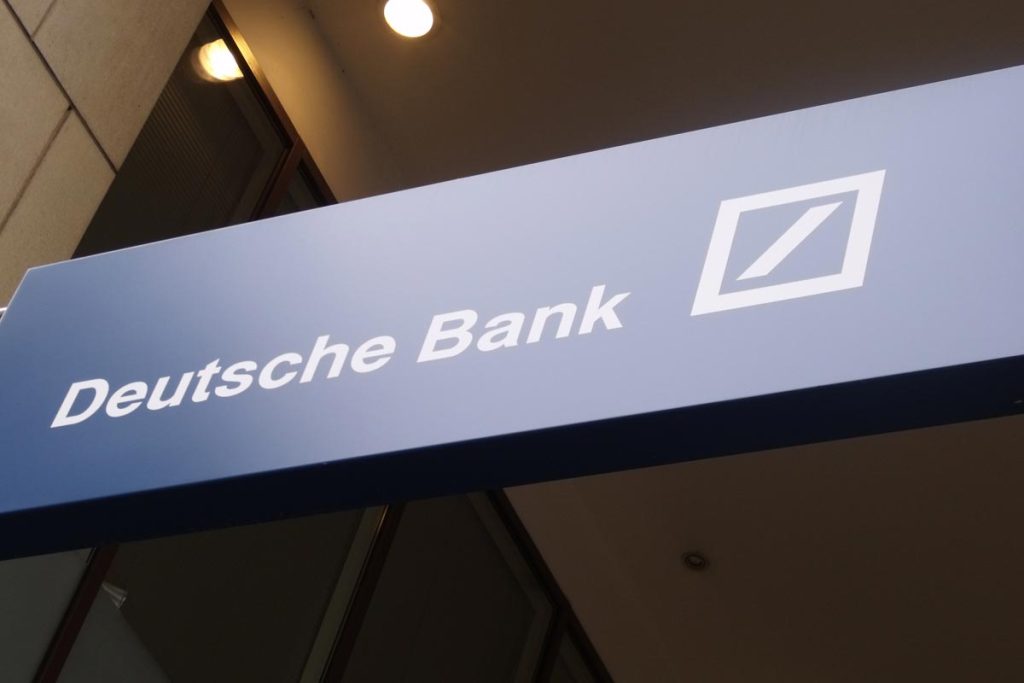Europe’s banking sector is one of the most influential and globally recognised financial systems, as it incorporates several of the largest economies in the world.
The problem never ends for the world’s largest developed banking sector. They were preparing for Brexit, but Covid-19 has changed all equations on the bankers’ ledger book.
In the wake of the Covid-19 pandemic, consumer and corporate default rates have risen, directly affecting bank assets and increasing government concerns over financial system stability.
When the sun was coming out after a long Covid winter in Europe’s financial sector, along came the most enormous, most destructive, and most vicious crisis after World War II in the form of the Russian-Ukraine war.
The current situation has crossed all the bounds. The implied stock market volatility is out of the roof!
Recently a group of researchers from Australia, Saudi Arabia, and Germany investigated and worked on the volatility impacts on the European banking sector during the Covid-19 and global financial crisis by focusing on Europe’s largest banks, including Credit Suisse, UBS, Banco Santander, ING, UniCredit, Deutsche Bank, BNP Paribas, Credit Agricole, Societe Generale, and Natixis.
They found a profound negative relationship between the banks’ returns and VIX – Chicago Board Options Exchange’s CBOE Volatility Index, a popular measure of the stock market’s expectation of volatility based on S&P 500 index options. Also commonly known as the fear index.
These findings have a profound impact, especially in the Middle East as the index rises. Adding up the global ban on Russian money will create a unique value degradation on Europe’s banking sector, especially when they need more money to fix the damage from the Covid-19, not less!
This makes a challenging question for investors, should they stay in Europe or change the ship for their investment?
Analysts at J.P. Morgan have already concluded that this will slow global growth and raise inflation on an already inflated global market.
The rising fear index will take the top European banks down if we follow the previously cited research work.

If we add that oil has risen over $130 per barrel (bbl) and gas bills have speared to all-time highs, then the European financial markets are going for another long winter under the burning sun.
Together this portrays a dark picture, especially if you are an investor who historically looks for stability and profit in the European banking sector.
Let’s forget about the past/present for a moment and think about the future from an optimistic viewpoint from the European banking industry and the investors’ point of view.
Let’s make no mistake that there will be no winner out of this current turmoil; however, there might be light at the end of the tunnel when this ends.
All of us forget that the nature and quality of the European banking sector are still super stable with a dash of hope.
Given that the world financial market goes back to normal in two years (conservative estimate), it will not take the sector back up as expected.
Investors should remember the industry has built-in knowledge of handling two world wars and is still one of the leaders around the globe in all fiduciary financial matters.
In this case, investors should slow down the divesting and wait for their return to come back in the medium to long run.
Dr Tonmoy Choudhury currently works at the King Fahd University of Petroleum and Minerals in Saudi Arabia; Harald Kinateder is an associate professor at the University of Passau








